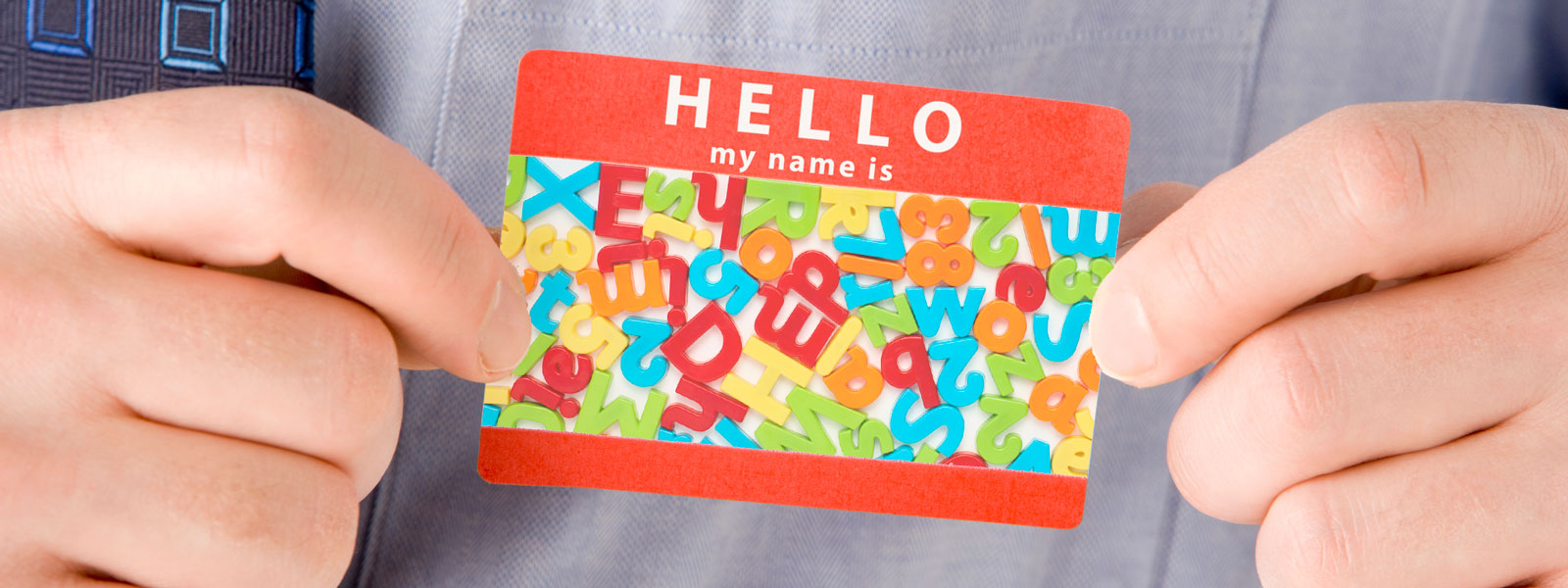Categories
Archives
Search
Subscribe to Our Monthly Digest
Category: Networking

The #1 pathway to leadership growth
Throughout my nearly 50 year coaching career there is one question I ask that has generated the most productive leadership discussions. Here it is: “How many can think of a way to improve relationship and leadership growth that does not include improving our listening skills?” From the responses I have received from this question, I can only conclude that improving our listening skills is the best single thing we can do to strengthen relationships.
Yesterday I attended a visitation to pay my respects to a very special mentor who passed away earlier this month. His name was Joe. The funeral home was packed. In the memos, people talked about Joe’s caring and sense of humor. Most importantly, there were many who commented on what a sincere, empathetic listener Joe was. I remember when I talked to him he would focus on me and not get distracted. There was no tension in his eyes, and I could easily see that he was listening to understand rather than respond. It was such a great feeling. When we can listen as well as Joe, we can make people feel good about themselves and build strong trust.
Now would you like to know how good a listener you are? OK. When was the last time you received a compliment for being a good listener? Hmmm…

A must for a good first impression
Here is a situation I’ll bet we have all been in: We are at a party or social event and we meet someone. We say our name. They say theirs. We begin a conversation. A few seconds later we find ourselves in a minor panic because we have forgotten their name. We want to personalize the interaction by using their name. We can’t because we forgot it. Now what? We have two options: First, we can avoid calling them by name since we can’t remember it. If we do this, we run the risk of making the conversation stiff. Our second option is to ask the other person, “What was your name again?” This means we are admitting we weren’t listening. How does that work for making a good 1st impression?
It is an old cliche worth repeating, “There is no second chance to make a good first impression”. First impressions can easily make the difference in a sale. I once remember a top-producing salesperson say, “In most cases, I can predict the probability of the sale in the first five minutes.” Do you think learning and using a person’s name could be important in those first few minutes? It sure is! What can we do to helpus remember names better when being introduced or introducing ourselves? Here are some thoughts:
First, slow down when you first hear a name. Pretend like you are driving through a school zone. If you did not hear the name clearly, ask them to repeat it. The other person won’t be irritated. Their name is important to them, and they want people to get it right. With this added effort and focus, you will remember more names and help avoid having to admit you didn’t pay attention. And don’t try to be clever! Once I forgot a name, and I asked, “How do you spell your name?” There was a long pause and she replied, “SMITH“. Ouch! That exchange did not go so well.
Slow down, pay attention, remember names, and get off on the right foot.

The power of learning and remembering tough names
Who is Coach “K”? If you said “Duke University basketball coach”, you are correct. For extra credit, what does the “K” stand for? Answer: Krzyzewski (pronounced “sha-chef-ski”)
Dale Carnegie once said, “A person’s name is the sweetest sound in any language”. If that is so, it is important we learn people’s names and remember them, even if they are difficult names to spell and pronounce. In my 40 years of leadership training and coaching, I have found that people who put great effort towards remembering names are well respected. Here is an example of how powerful this can be:
Yesterday I went to the hospital to give a blood sample for my rheumatologist. As I was registering, I said, “I am here to give a blood sample. If is for Dr. Geevarghese. (Pronounced “Gee-var-geese”). When I said that, the receptionist and her assistant stopped and stared with their mouths open. Then one of them said, “This is the first time someone has said the doctor’s full name and procounced it correctly. Everyone says “Dr. G”
It is my assumption that Alex Geevarghese is just as proud of his name as someone named John Smith. With that in mind, I make my best effort to remember names. I find that doing so shows respect and helps build trust.
If this sounds trivial, here’s another example for you: A few years ago I was coaching someone who worked with people from the country of Laos. The name of one of his co-workers was extremely long with many syllables. None of this person’s co-workers knew how to pronounce his name. It was too much work. They just called him “Nick”. My client was determined to learn Nick’s name, and he did The next time he saw Nick, he said, “Hello _____ _______” Tears came to the man’s eyes, and he said, “You are the only person here who has taken the time to learn my name. Thank you so much” Lesson learned: We need to make a full effort to learn and use names – even if it is challenging. Take the challenge!
The rewards of thoughtful generosity
“Cast your bread upon the waters…”
To succeed in business, we need to be fair, friendly, and do the job right the first time. At the same time, we can’t afford to “give away the store”. Today I was talking to a HVAC tech who had successfully been in business for over 40 years. He shared a story with me that I will long remember. Here is what happened…
It was the heart of winter, and Roger responded to a service call regarding no heat. He inspected the furnace, and discovered the heat exchanger was in pieces. It was not safe to operate the furnace. It had to be replaced. The owner of the home lived alone. Her husband was in the service serving as an intern. She had no money. Roger said, “Let me work on this and get back to you”. He called his supplier and told them the story. They immediately picked up on it, and agreed to supply the materials if Roger would do the labor. They thought this would be a nice story for their newsletter. It was a deal. The homeowner was eternally grateful. It was one of those feel good moments.
Several months later the husband returned from the service and began his practice. He never forgot the kindness that Roger had shown, and Roger says that he has received more referrals from this person than any other single source over the years. We know the beauty of this: Roger did this expecting nothing in return. For him, it was just the right thing to do. He was thinking of the other person. When we give, it is amazing what comes back to us. This is just another example to illustrate this fundament of business.

Add some sparkle to your leadership ability…
“The expression one wears on one’s face is far more important that the clothes one wears on one’s back”
– Dale Carnegie
Today I was reminded of an important principle in building team trust: One of my friends mentioned that she had taken a picture of a colleague in a meeting while he was looking at his smart phone. The expression on his face was not radiant.
In building strong team trust, approachability is critically important. Our team members must be comfortable approaching us with questions, ideas, and genuine concerns. If the “at-rest” expression on our face is stern or intense, many will avoid us. This leads to a weaker team.
Many years ago I was coaching a business owner who talked about his most significant growth as a leader. A friend commented about the normal expression on his face. He said, “You look mean.” Carl was smart enough to realize that if he had a mad countenance, many of his team would hesitate to approach him. That day, Carl decided he would develop the habit of having an approachable expression as much as possible.
Carl got to work. It was tough. He claimed it was nearly 2 years before the sparkle on his face became a habit. Carl said the effects his efforts on teamwork and productivity were immeasurable.
I realize there are times when we will not have a sparkling expression on our face. We may be in a serious or intense conversation and we want our facial expression to match our message. The objective is, whenever possible and appropriate, always have a friendly expression on our face. This builds trust and leads to stronger relationships.
